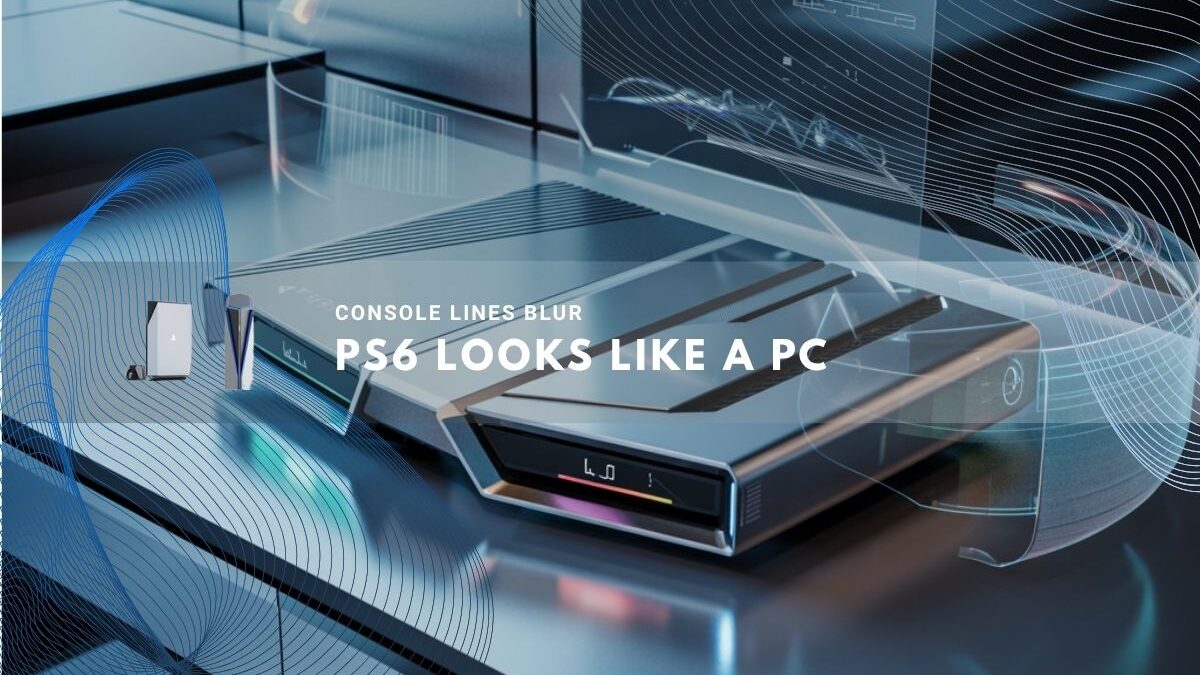Sony confirms PlayStation 6 PS6 active development is underway with a 2028 launch expected. The company confirms PlayStation 6 will continue the console cycle, following planned PS5 Pro enhancements in 2026. This PlayStation 6 development marks a major step in Sony’s gaming strategy with advanced hardware and cross-platform features.[1][2]
Release Timeline and Strategic Context
Although some rumors pointed toward a 2027 release, authoritative sources and official comments from Sony executives and architect Mark Cerny indicate 2028 as a more realistic launch window. Sony aims to extend the PS5 lifecycle with PS5 Pro updates before introducing a new generation. Official court documents related to Microsoft’s Activision Blizzard deal indirectly support this timeline by linking exclusivity windows to 2027, suggesting a later PS6 arrival.[2][3][4]
“Read also: Sony Cross-Buy for PlayStation 5 and PC”
Hardware Specifications and Technological Innovations
The PS6 will feature advanced AMD RDNA 5 GPU architecture, branded as Radiance Cores, which bring enhanced ray tracing, improved power efficiency, and AI-powered capabilities such as neural texture compression and next-gen upscaling. These improvements allow for better graphics fidelity and performance while optimizing system resources.[11][12][13]
Key hardware highlights include:
- Ultra-fast SSD storage to reduce load times
- Support for 8K resolution gaming and 4K gaming at high frame rates
- Expanded memory capacity likely featuring LPDDR6 technology
- AI-driven features to improve graphical rendering and gameplay mechanics
These specifications indicate a substantial performance leap over the PS5 while promoting energy efficiency and scalability.[3][13]
“read also: Sony to Reveal PlayStation Plus Games for November 2025”
Cross-Platform Compatibility and Ecosystem Strategy
Sony continues to strengthen its partnership with AMD through Project Amethyst, aiming to harmonize game development for PlayStation and PCs. The console is expected to embrace a more open software ecosystem, highlighted by “Cross-Buy” capabilities that let users purchase games once and play across PS6 and PC platforms.[14][1][2]
This approach reflects Sony’s recognition of the growing PC market and the success of PlayStation titles on PC, which now account for approximately one-third of their first-party revenue.[14]
Pricing and Model Variants
Industry reports estimate the PS6 launch price to range between $700 and $900 for advanced configurations, with a possibility of more affordable models priced around $299 to $499. Sony’s experience with the PS5 Pro suggests a tiered approach to meet different consumer segments, balancing cost and performance.[15][3]
Handheld and Companion Devices
There are credible reports of a next-generation PlayStation handheld device under development, potentially releasing alongside or close to the PS6 launch. Rumored to carry significant hardware upgrades, this device would extend Sony’s ecosystem and provide portable access to PlayStation games using RDNA 5 GPU technology and enhanced memory specifications.[4][7]
The PlayStation 6 is on track to deliver substantial advancements in console hardware and software, leveraging AMD’s latest technologies and emphasizing ecosystem integration with PCs. The combination of high-end graphical capabilities, scalable AI features, and an open development environment signals a new direction for Sony’s gaming platforms. With an anticipated release window between 2028 and 2029, the PS6 development embodies Sony’s strategic balance of innovation, market adaptability, and consumer demand.

